Nvidia takes aim at Intel with first data centre CPU
The company claims the Arm-based processor will deliver 10x the performance of today's fastest server chips


Nvidia has unveiled Grace, an Arm-based data centre CPU designed for giant-scale artificial intelligence (AI) and high-performance computing (HPC) applications.
This new processor combines Arm CPU cores with a low-power memory subsystem to help it analyse enormous datasets requiring both ultra-fast compute performance and massive memory.
Nvidia Grace, named after US programming pioneer Grace Hopper, is a highly specialised processor that will target workloads such as training next-generation NLP models that have over 1 trillion parameters, according to the company.
Furthermore, Nvidia claims that a Grace CPU-based system will deliver 10x faster performance than the current Nvidia DGX-based systems that run on x86 CPUs. Nvidia expects this new processor to service a niche segment of computing.
“Leading-edge AI and data science are pushing today’s computer architecture beyond its limits – processing unthinkable amounts of data,” said Jensen Huang, founder and CEO of Nvidia.
“Using licensed Arm IP, Nvidia has designed Grace as a CPU specifically for giant-scale AI and HPC. Coupled with the GPU and DPU, Grace gives us the third foundational technology for computing, and the ability to re-architect the data centre to advance AI. Nvidia is now a three-chip company.”
The Swiss National Supercomputing Centre (CSCS) and the US Department of Energy’s Los Alamos National Laboratory have already announced plans to build Grace-powered supercomputers.
Get the ITPro daily newsletter
Sign up today and you will receive a free copy of our Future Focus 2025 report - the leading guidance on AI, cybersecurity and other IT challenges as per 700+ senior executives
This move could spell trouble for other chipmakers who already have a strong presence in the data centre market like Intel, which is currently dominating with a 90% share, and AMD. By promising a 10x increase in processing performance, it may cause some customers to take note of Grace. This was reflected in the markets where Intel and AMD are both down several percentage points following Nvidia's announcement.
Nvidia also announced eight Nvidia Ampere architecture GPUs for next-generation laptops, desktops and servers.
The new Nvidia RTX A5000 and Nvidia RTX A4000 GPUs will help speed AI, graphics and real-time rendering up to 2x faster than previous generations in desktops. In laptops, the new Nvidia RTX A2000, Nvidia RTX A3000, RTX A4000 and RTX A5000 GPUs deliver accelerated performance without compromising mobility.
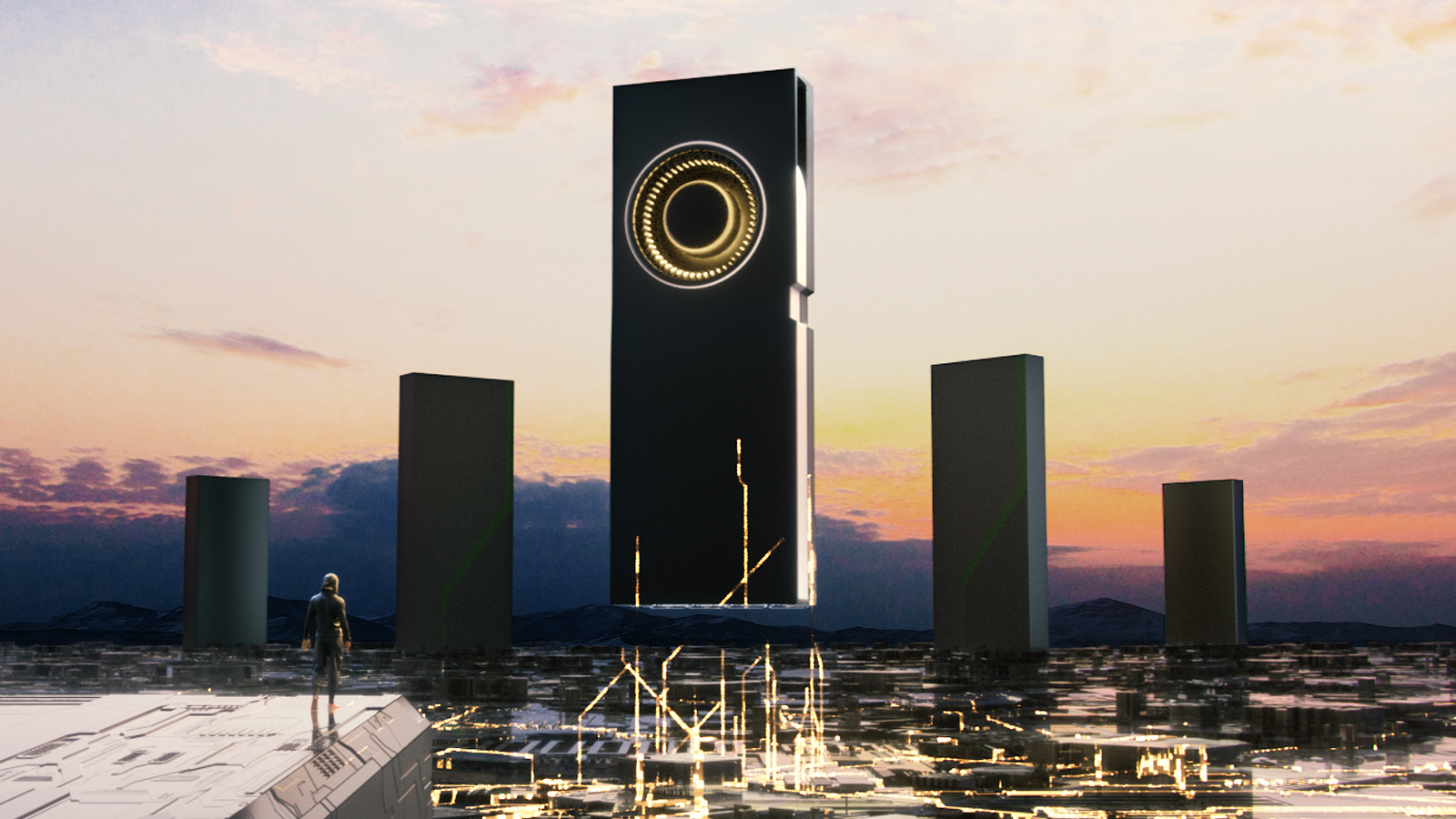
For data centres, the new Nvidia A10 GPU provides up to 2.5x the virtual workstation performance of the previous generation while the A16 GPU provides up to 2x user density with lower total cost of ownership and an enhanced virtual desktop infrastructure experience over the previous generation.
In February, it emerged that Nvidia had turned to some of its older graphic cards to meet the demand for GPUs during a global shortage of PC components and chipsets. Nvidia was going to re-release its old chips, such as the GTX 1050 Ti chip, which was meant to have been phased out two years ago, as well as the GeForce RTX 2060.
Zach Marzouk is a former ITPro, CloudPro, and ChannelPro staff writer, covering topics like security, privacy, worker rights, and startups, primarily in the Asia Pacific and the US regions. Zach joined ITPro in 2017 where he was introduced to the world of B2B technology as a junior staff writer, before he returned to Argentina in 2018, working in communications and as a copywriter. In 2021, he made his way back to ITPro as a staff writer during the pandemic, before joining the world of freelance in 2022.
-
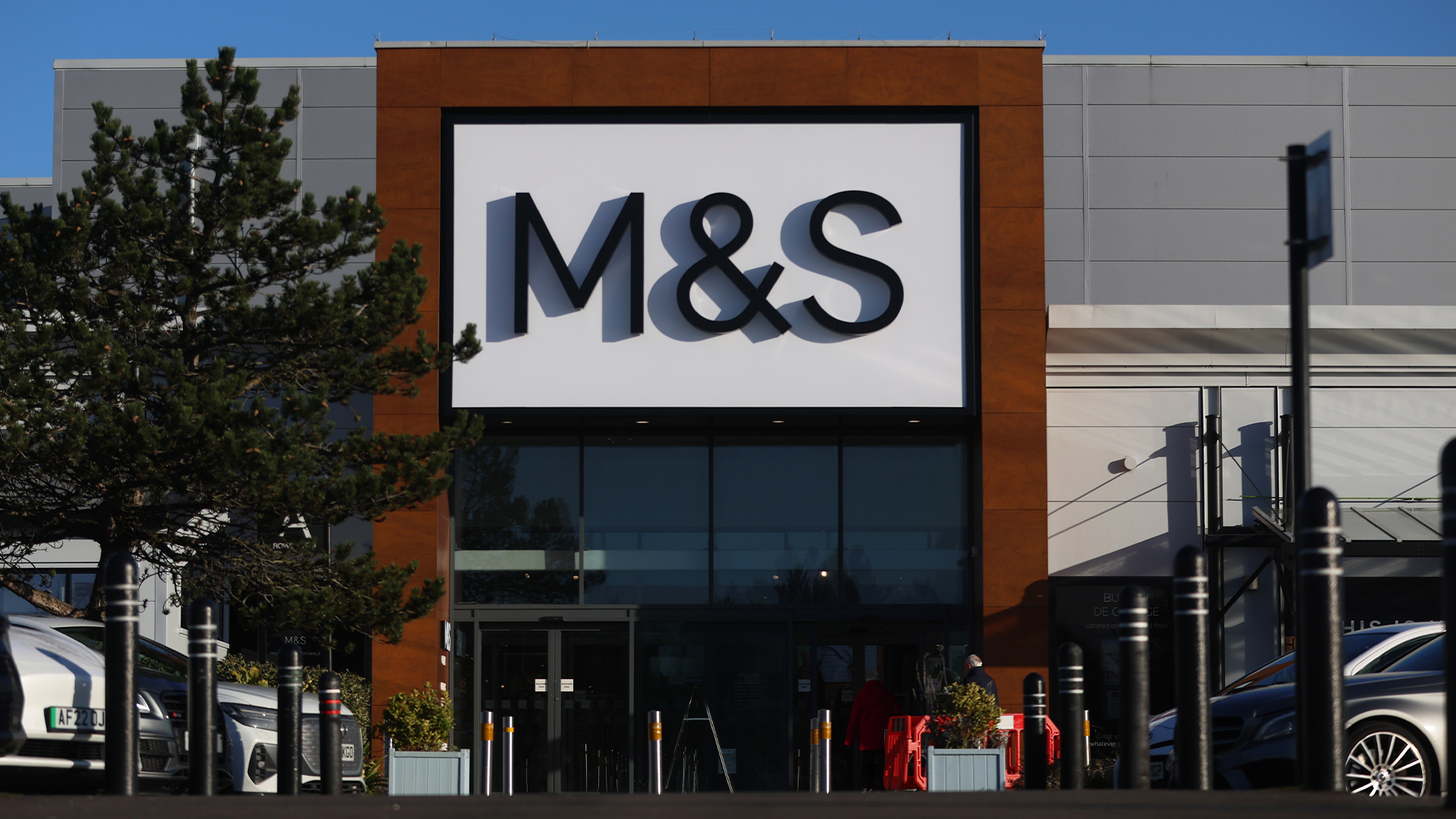 M&S suspends online sales as 'cyber incident' continues
M&S suspends online sales as 'cyber incident' continuesNews Marks & Spencer (M&S) has informed customers that all online and app sales have been suspended as the high street retailer battles a ‘cyber incident’.
By Ross Kelly
-
 Manners cost nothing, unless you’re using ChatGPT
Manners cost nothing, unless you’re using ChatGPTOpinion Polite users are costing OpenAI millions of dollars each year – but Ps and Qs are a small dent in what ChatGPT could cost the planet
By Ross Kelly
-
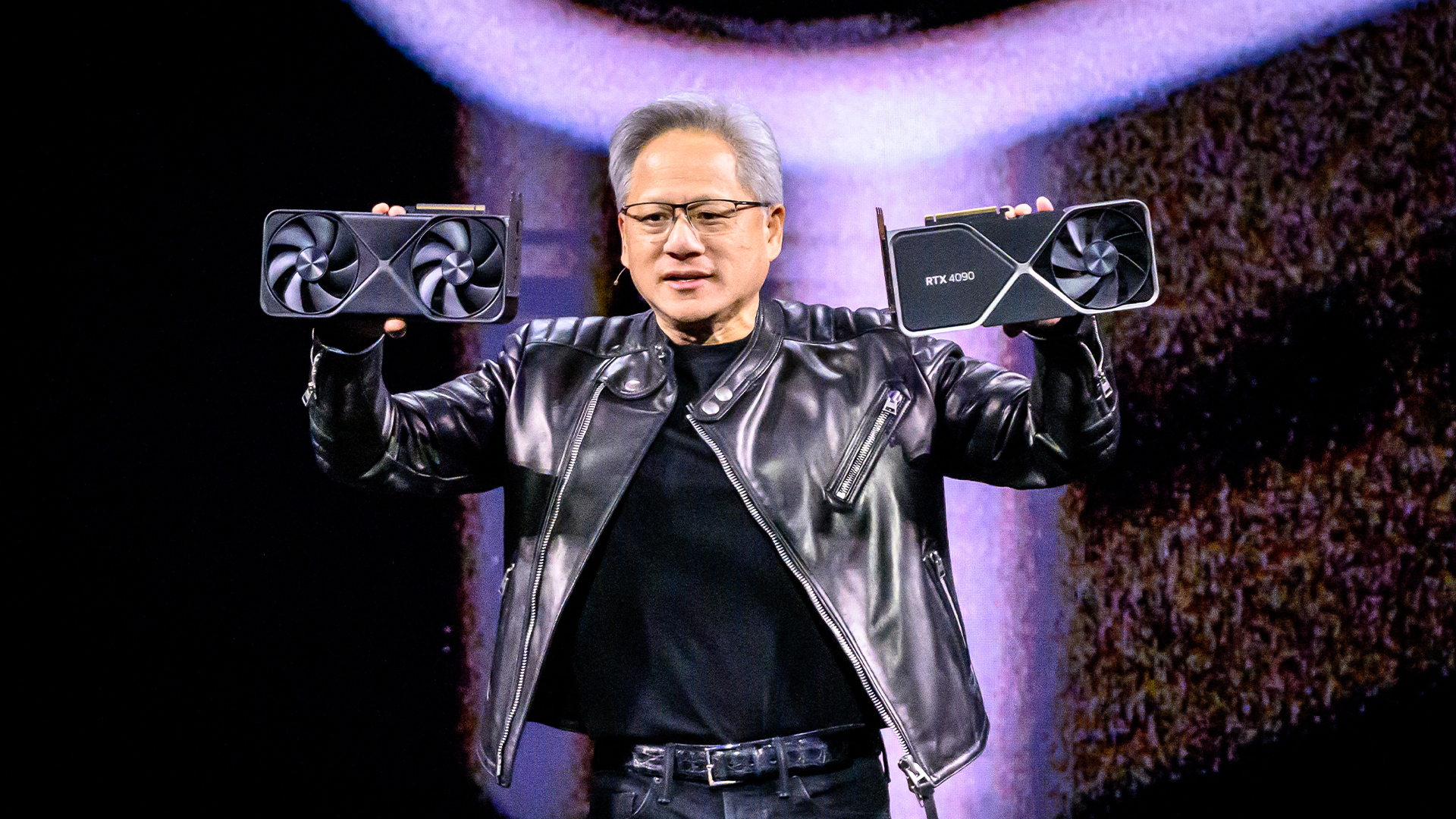 Nvidia GTC 2025: Four big announcements you need to know about
Nvidia GTC 2025: Four big announcements you need to know aboutNews Nvidia GTC 2025, the chipmaker’s annual conference, has dominated the airwaves this week – and it’s not hard to see why.
By Ross Kelly
-
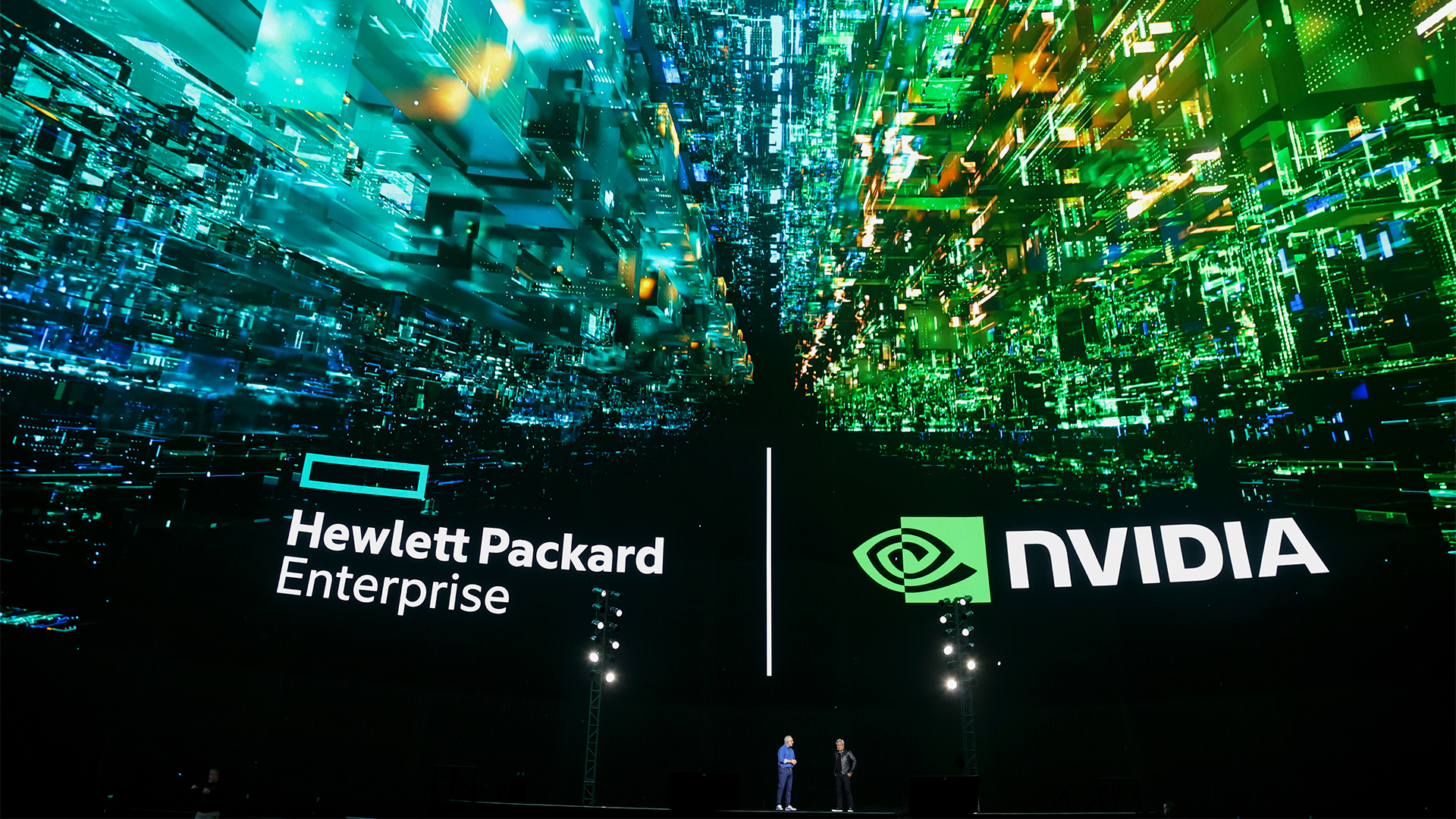 HPE unveils Mod Pod AI ‘data center-in-a-box’ at Nvidia GTC
HPE unveils Mod Pod AI ‘data center-in-a-box’ at Nvidia GTCNews Water-cooled containers will improve access to HPC and AI hardware, the company claimed
By Jane McCallion
-
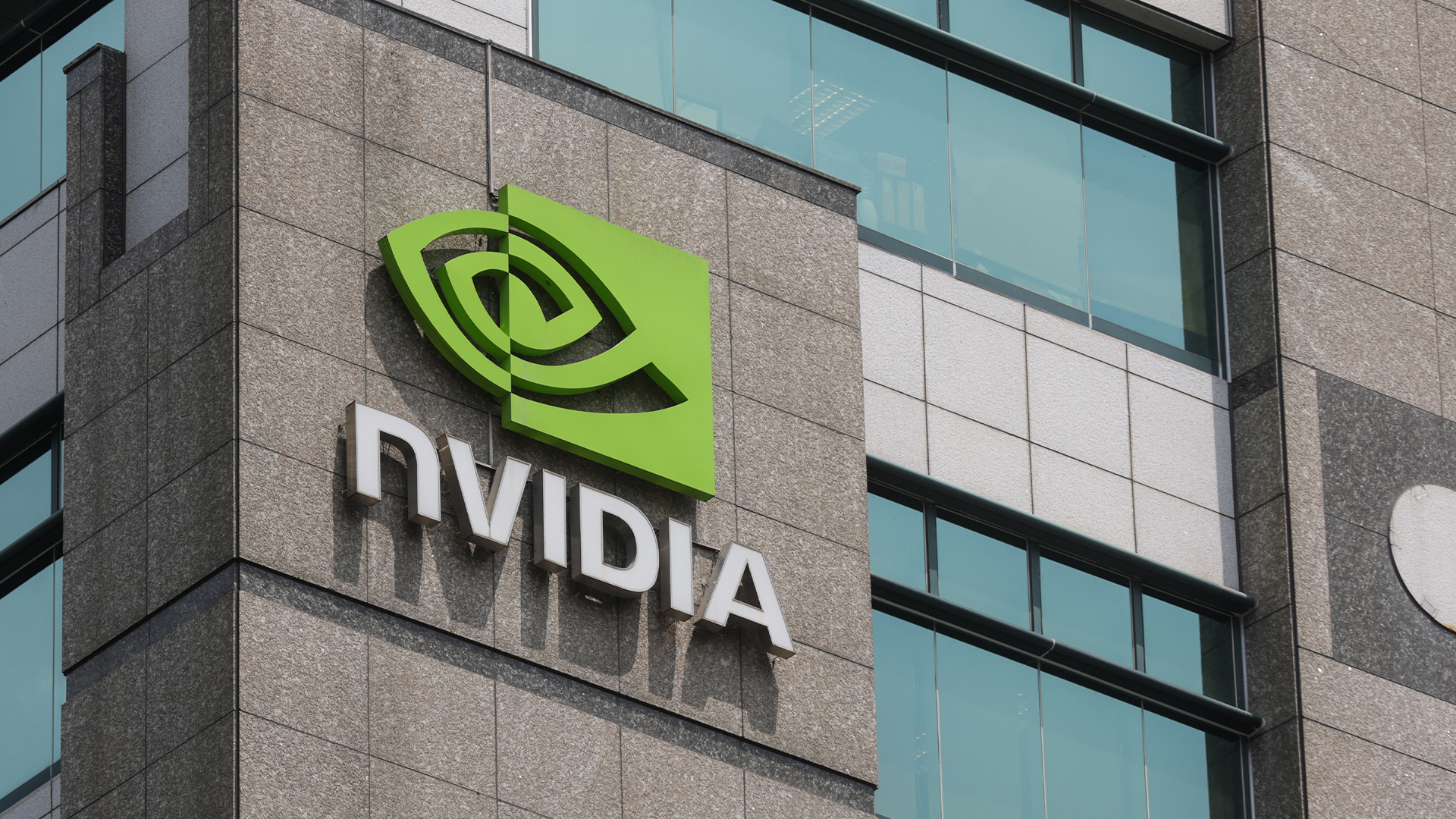 Run.ai software will be made open source in wake of Nvidia acquisition
Run.ai software will be made open source in wake of Nvidia acquisitionNews Infrastructure management tools from Run:ai will be made available across the AI ecosystem
By Nicole Kobie
-
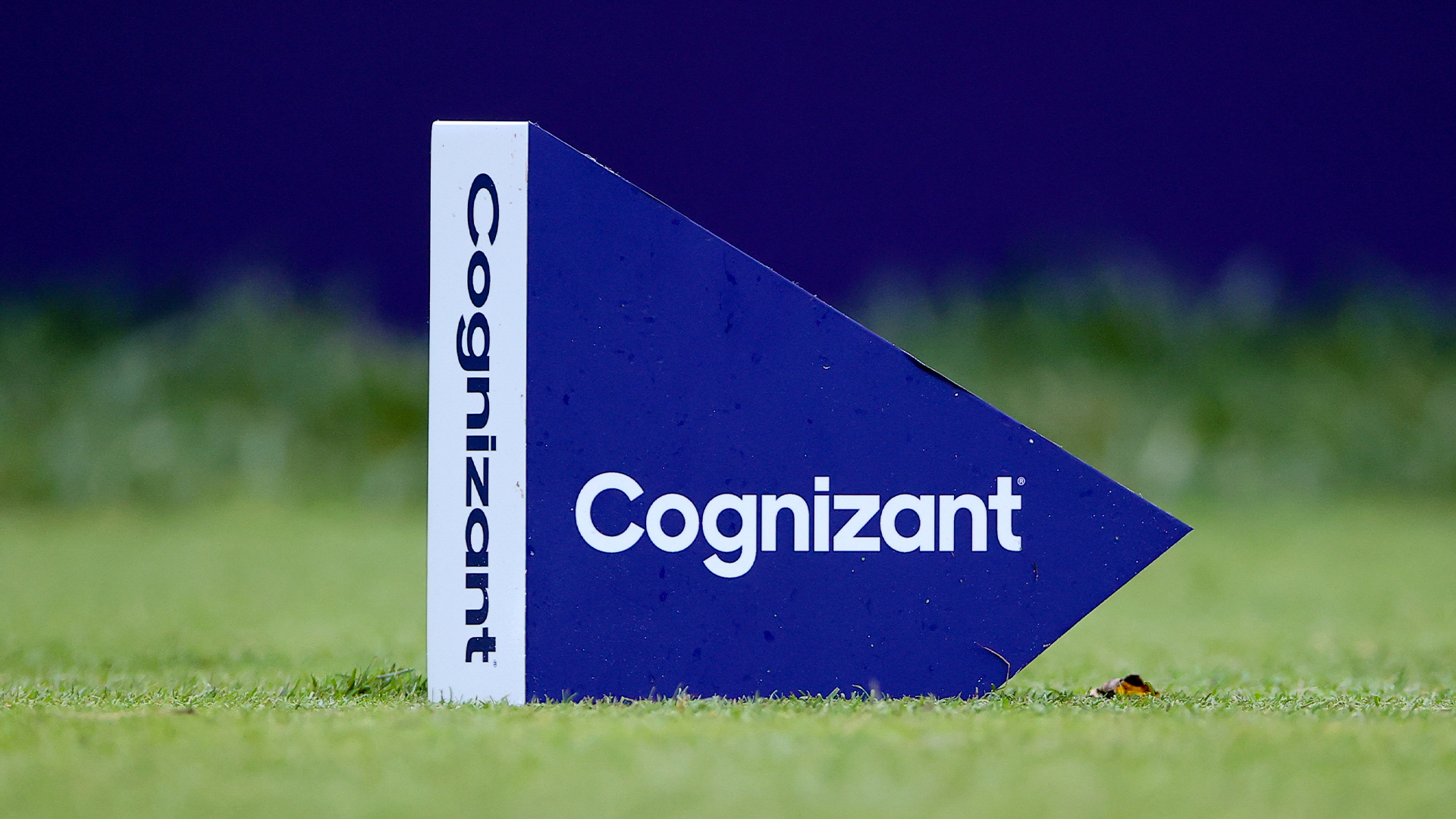 Cognizant and Nvidia team up to supercharge data modernization
Cognizant and Nvidia team up to supercharge data modernizationNews The collaboration merges Nvidia AI with Cognizant’s data analytics accelerators to deliver “unprecedented speed and efficiency”
By Daniel Todd
-
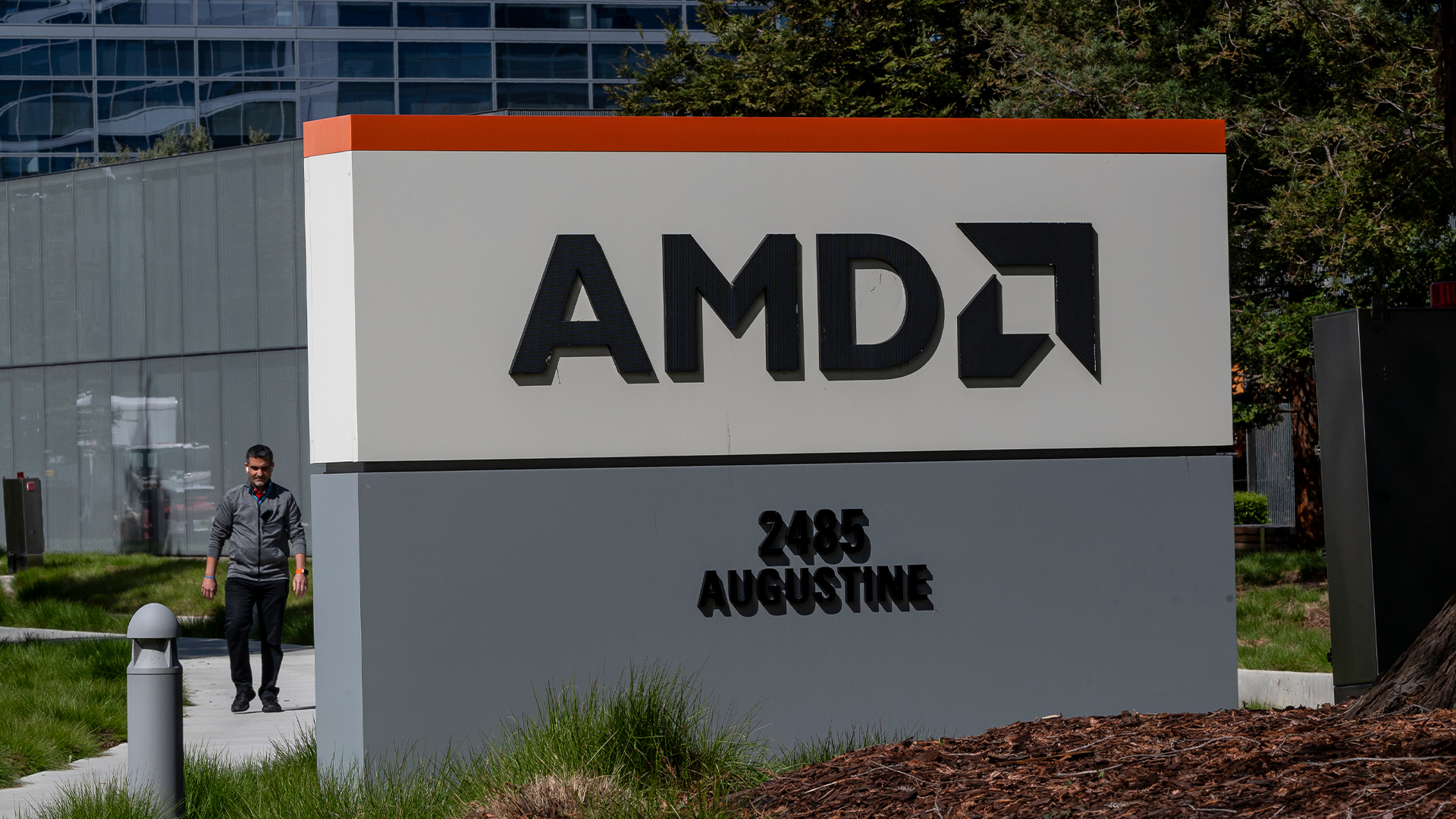 AMD’s ZT Systems acquisition primes it for a battle with Nvidia
AMD’s ZT Systems acquisition primes it for a battle with NvidiaNews AMD plans to expand its AI infrastructure capabilities with the $4.9 billion deal
By Emma Woollacott
-
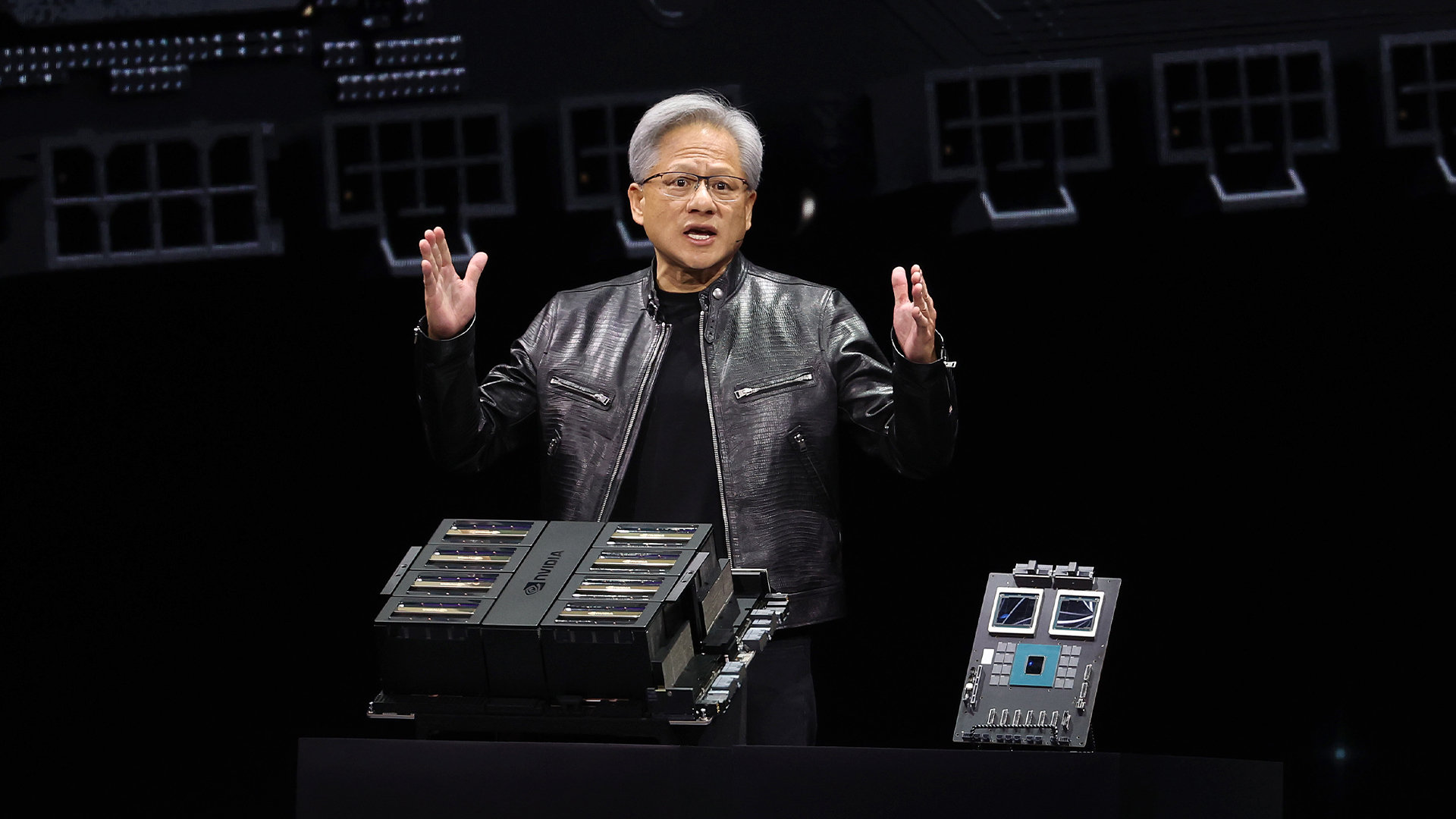 Nvidia thinks it’s time to start measuring data center efficiency by other metrics — is this the end of PUE?
Nvidia thinks it’s time to start measuring data center efficiency by other metrics — is this the end of PUE?News Nvidia says data center efficiency has moved on so much that new measures are needed to track performance
By Steve Ranger
-
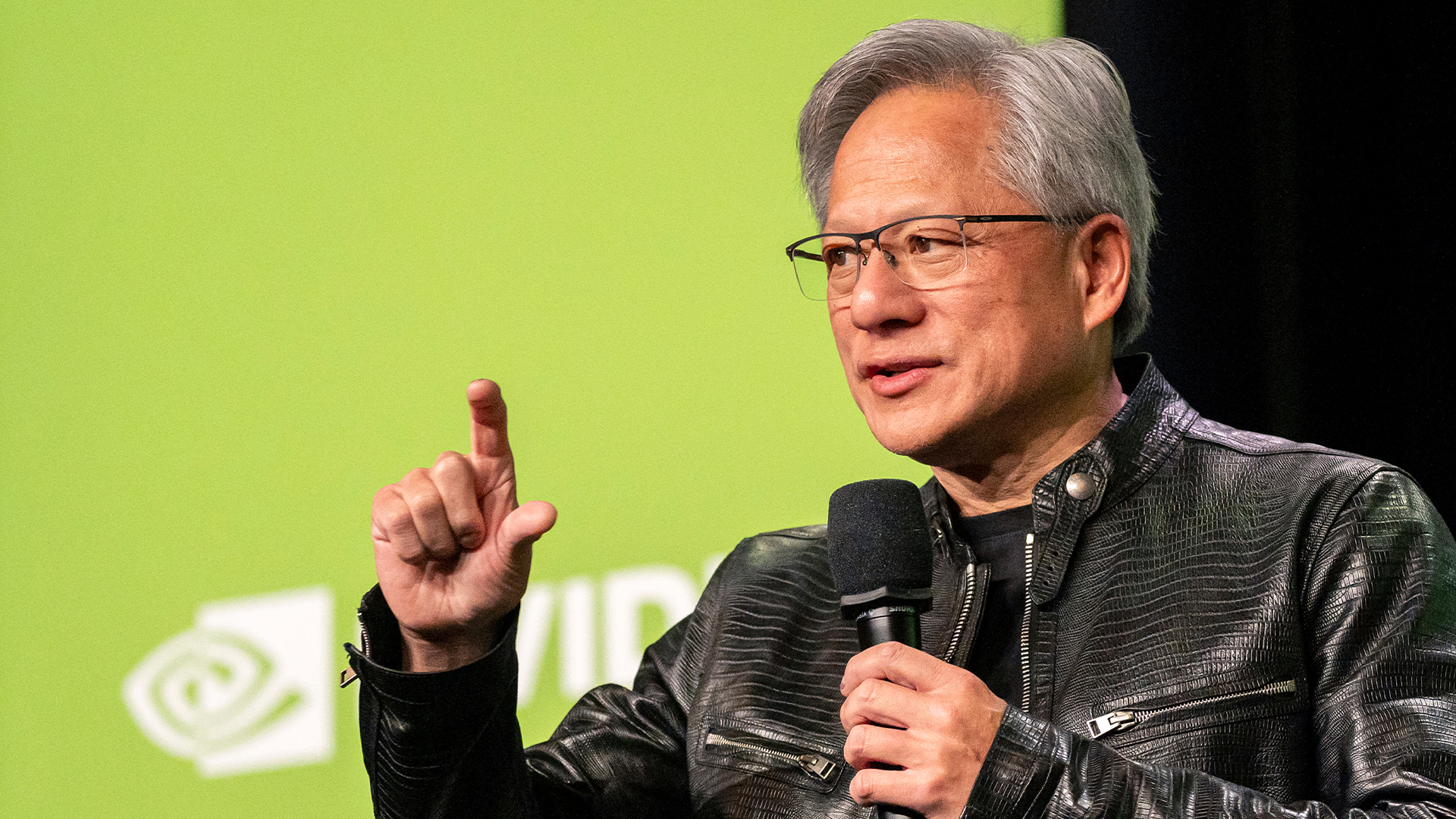 Nvidia wants telcos to ramp up 6G research — and it’s betting AI will be the key to future development
Nvidia wants telcos to ramp up 6G research — and it’s betting AI will be the key to future developmentNews Nvidia has unveiled a new 6G research platform that will allow telcos to explore using AI for radio access network technology
By Solomon Klappholz
-
 Lenovo and VMware expand partnership to offer turnkey Nvidia-powered AI solutions
Lenovo and VMware expand partnership to offer turnkey Nvidia-powered AI solutionsNews The collaboration aims to help customers leverage purpose-built Nvidia AI solutions for more predictable outcomes
By Daniel Todd